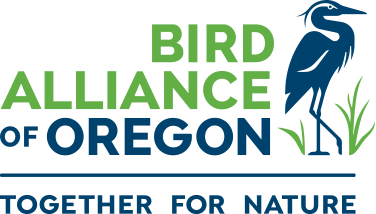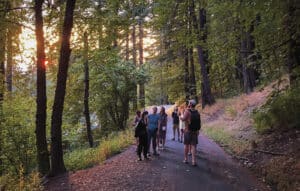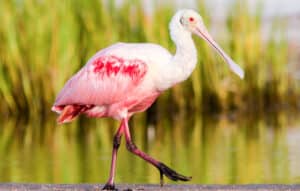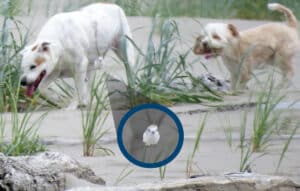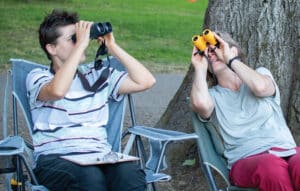Building a Lasting Legacy Together for Nature
Our journey towards conservation and environmental stewardship has been deeply fulfilling, and we are grateful for the opportunity to contribute to the preservation of nature. Through our partnership with Bird Alliance of Oregon and our planned gift, we aim to leave behind a world where future generations can continue to marvel at the wonders of the natural world.
Read Post